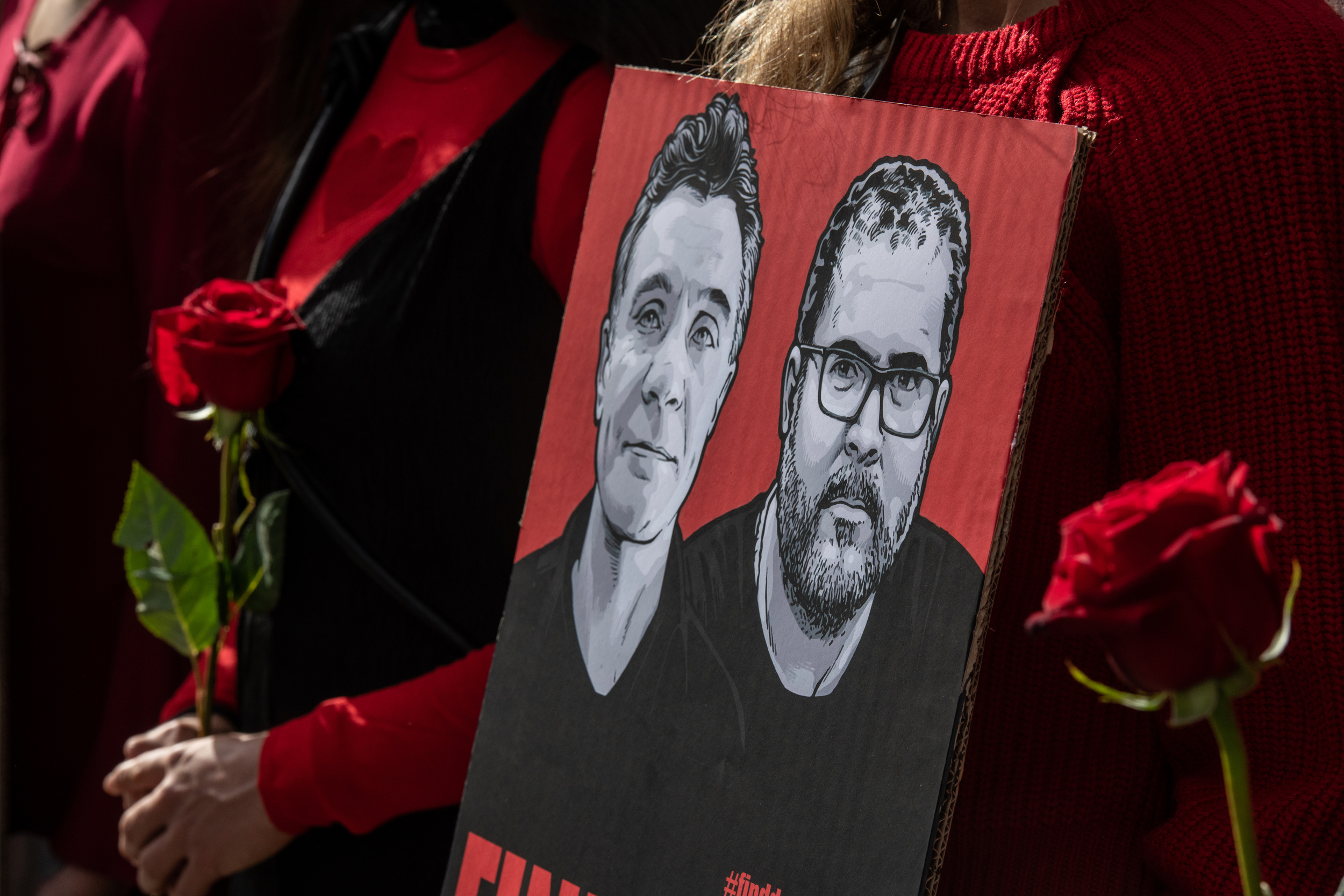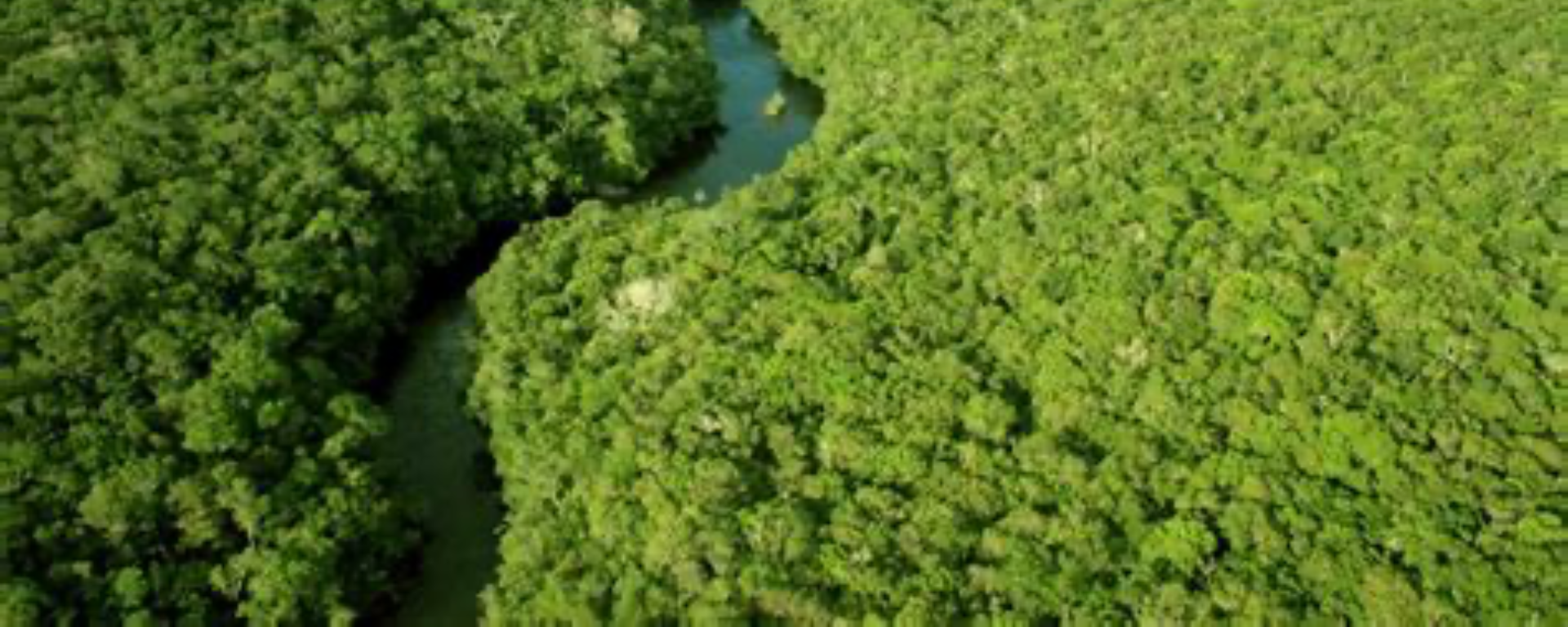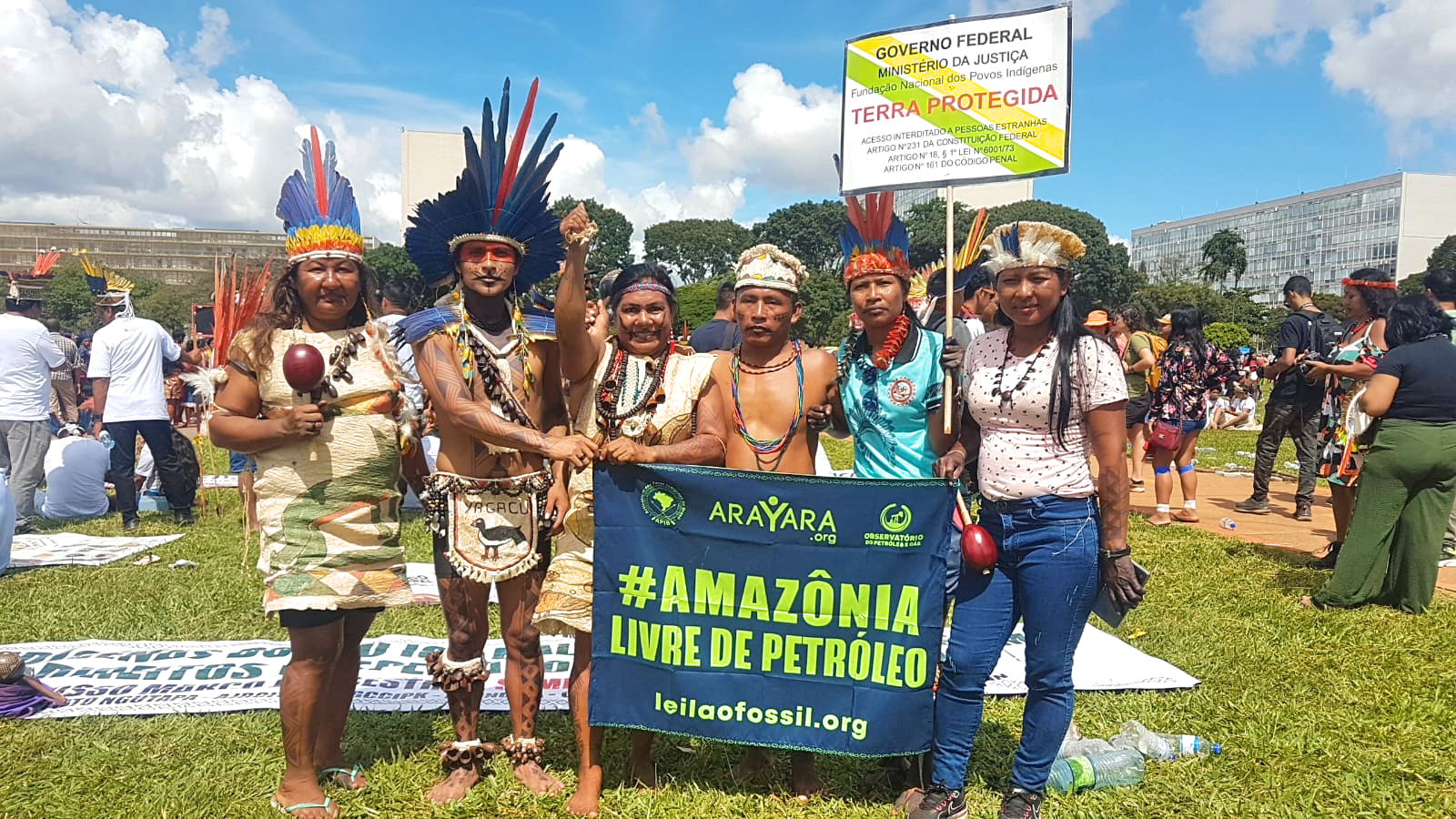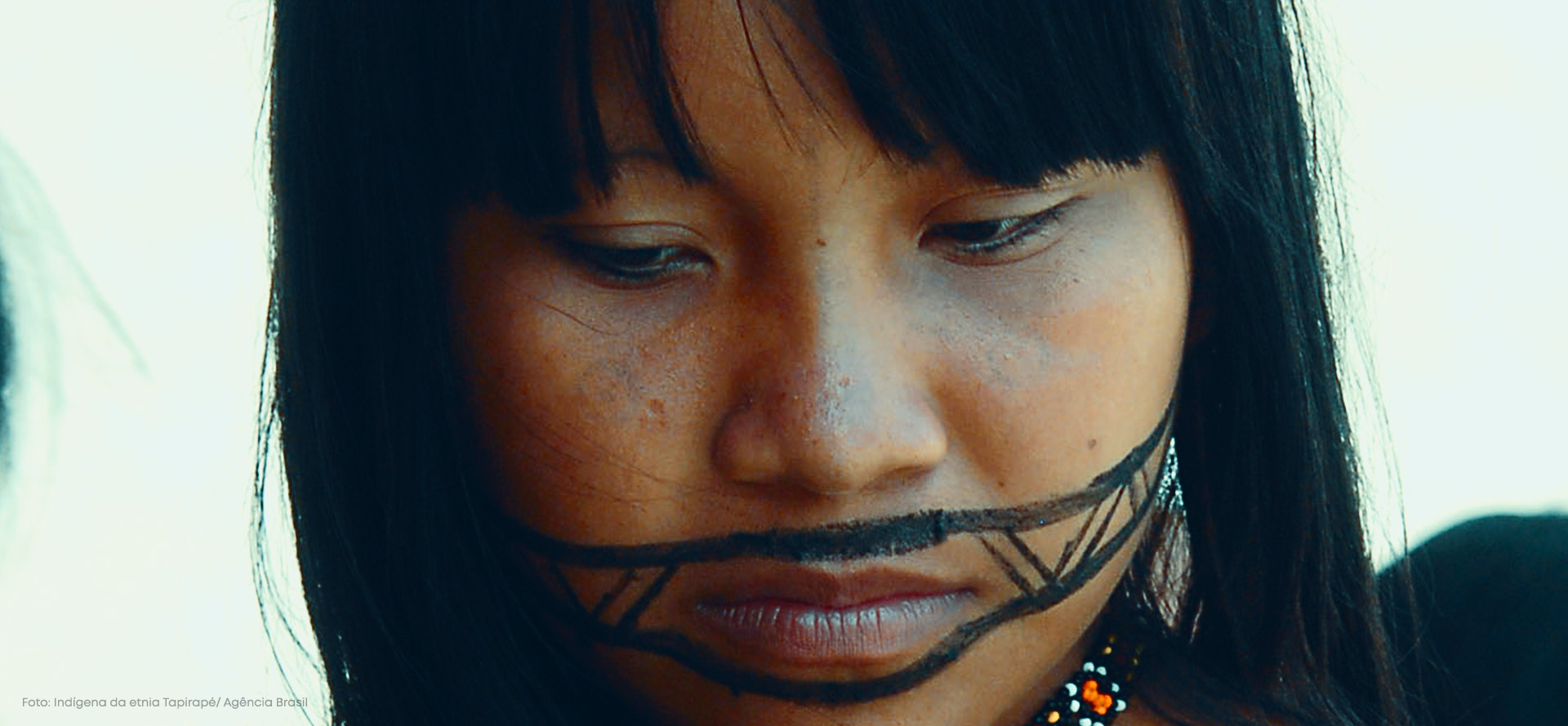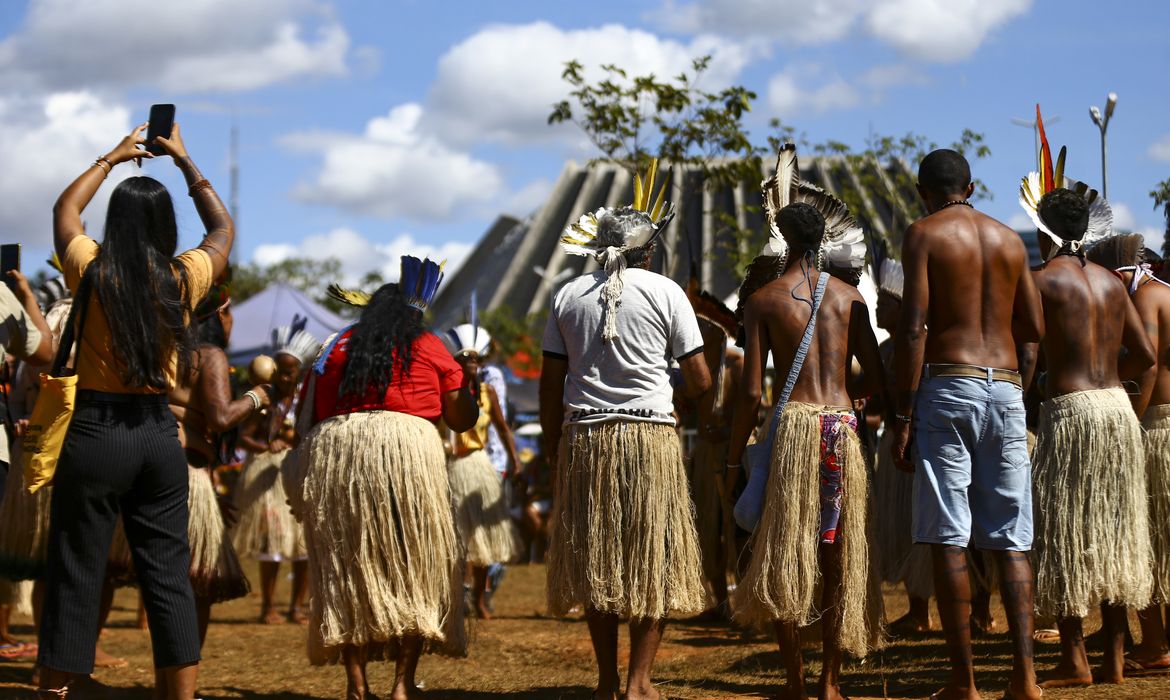Federal Police are still investigating suspects and possible principal; we want justice!
The search for the indigenist Bruno Pereira, a licensed Funai (National Indian Foundation) employee, and British journalist Dom Phillips, came to an end on Tuesday afternoon (15). The crime which occurred in the Vale do Javari Indigenous Land (AM) was confessed by Amarildo da Costa Oliveira, known as “Pelado”. The suspect, who was previously arrested, is alleged to have quartered, burned and buried the bodies of the victims with the help of his brother Oseney da Costa de Oliveira, aka “Dos Santos”. However, the Federal Police (PF) is still investigating the case, with eight suspects and one possible mastermind of the crime.
On June 17, the Federal Police released a note via the crisis committee stating that “the perpetrators acted alone,” which caused criticism from within the organization and from civil society. There is still much to be investigated, according to sources in the corporation, such as finding the weapons used in the crimes and interrogating the political agents Pereira was to meet on the day he disappeared.
The suspicion is that the crime was ordered by those who benefit from illegal fishing in the region. The Vale do Javari IT has a history of Amazonian conflicts with illegal mining, drug trafficking, timber theft, and illegal fishing. Witnesses also state that Pereira had received death threats several times. The indigenist was dismissed from Funai in 2019 after coordinating an operation against illegal garimpo in T.I. Yanomami in Roraima, which resulted in the expulsion of hundreds of garimpeiros.
The search for Pereira and Phillips began on the day of their disappearance, June 5, by members of Univaja (Union of Indigenous Peoples of Vale do Javari). The authorities were alerted the next day, but the slowness of the Brazilian government in mobilizing specialists and equipment like helicopters was pointed out by entities like the UN (United Nations). The Public Security Secretariat of Amazonas (SSP-AM) and the Federal Police, the army, the navy, and about one hundred indigenous volunteers were involved.
State Omission
Only on the third day of the search were divers and jungle search specialists reinforced by the Amazonas state policy. The Navy also sent a helicopter, which had not been used before because, according to the Federal Police, the two available Ibama helicopters were set on fire in February by a businessman involved in illegal mining in Roraima.
A survey conducted by Estadão pointed out that there are only six agents of the National Force for the Vale do Javari IT, which covers 85 thousand km², almost twice the size of the state of Espírito Santo. There were at least six requests for reinforced protection for the region made this year, however, as found by Folha de São Paulo, the site was abandoned, leaving programs such as sustainable management of pirarucu fish only on paper – which intensified illegal fishing and conflicts in the region.
President Bolsonaro’s responses to the case – saying that the missing couple was on an “adventure” – and the Funai statement blaming the victims for their disappearance, point to the disregard of Brazilian authorities with the protection of environmental activists, traditional communities, and Brazilian society as a whole.
The vice-president, Hamilton Mourão, made a statement pointing out that the deaths may have been ordered by a local businessman who “was feeling aggrieved”. Mourão also mentioned that the killers may have been drunken river dwellers. According to the NGO Global Witness, Brazil is the fourth country in the world that kills the most environmental activists. Here is the picture of why.
The Federal Court of the 1st Region even ordered Funai to withdraw any accusation or derogatory speech against Univaja and the indigenous activist Bruno Pereira and journalist Dom Phillips. The decision also ordered that the clarification note of the entity be removed from official vehicles and media, because it contains statements incompatible with reality, and also ordered Funai to send public security forces to ensure the integrity of the workers and people of the Javari Valley.
On the 20th Amarildo went back on his statement and denied having killed Pereira and Phillips. The suspect claimed to have thrown the bodies in a part of the forest, but not to have participated in the execution. The case is far from over, since this is not an isolated case, much less of little importance as the opinions of the main representatives of the republic want it to seem.
Ten days after the announcement that the CNMP (National Council of the Public Ministry) would follow up on the investigations into the deaths of the indigenous activist Bruno Araújo Pereira and the British journalist Dom Phillips, the working group was revoked by the Attorney General of the Republic, Augusto Aras.
Indigenous and environmentalists have promoted protests demanding justice for Pereira and Phillips. Acts have taken place in several Brazilian cities, such as Brasilia, Manaus, São Paulo, Belo Horizonte and Curitiba, as well as international protests.
Justice goes far beyond the arrest of the murderers. After all, who is interested in the silencing of Pereira and Phillips? How can the public machine be omitted and used as an instrument for the annihilation of environmental and human rights workers and activists? Their names, their legacy, the Vale do Javari Indigenous Land, and this case should not be forgotten by Brazilian and international society.
Watch the interview with Cacica Ju Kerexu, between songs and prayers, during the demonstration on the 23rd in Curitiba. The act for life is about the indigenous struggle and the many losses that have occurred, true massacres.

